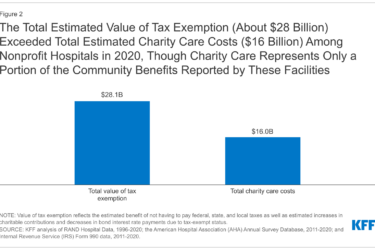Bob Lyke of the Congressional Research Service put together a 20-page report on the underlying problems and major issues facing health care reform efforts. According to the primer, interest in reform has been propelled by three concerns: insurance coverage, cost and spending, and quality. Each is addressed in depth, and Lyke’s thorough sourcing should help direct readers to other quality resources. It lays out these concerns out thus:
Interest in reform is being driven by three predominant concerns. One is coverage. By a commonly cited estimate, more than 45 million people were uninsured at some point in 2007 — more than one-seventh of the population. The recession may have increased this number. Without private insurance or coverage under government health programs, people can have difficulty obtaining needed care and problems paying for the care they receive.
A second concern is cost and spending. Health care costs are rising for nearly everyone — employers, workers, retirees, providers, and taxpayers—sometimes in unexpected, erratic jumps. Costs are a particular source of anxiety for families that are planning for retirement or where someone is seriously ill. National health care spending now exceeds $2.2 trillion, more than 16% of the gross domestic product (GDP). Spending has climbed from over 12% of GDP in 1990 and 7% in 1970.
Third, there is concern about quality. Although the United States spends substantially more on health care per person than other industrialized countries, it scores only average or somewhat worse on many quality of care indicators. Medical and medication errors harm many people annually, sometimes resulting in death.









